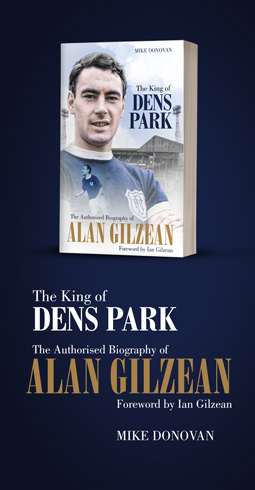
Real Jeeves and Then Came Massacre Listed for Prestigious Book Award
Real Jeeves and Then Came Massacre Listed for Prestigious Book Award
We are delighted to report that two of our flagship cricket titles have been selected for the 2014 Cricket Book of the Year Long List.
The Real Jeeves by Brian Halford and Then Came Massacre by Justin Parkinson have both made the long list for the prestigious award made by the Cricket Society and MCC.
Previous winners include Gideon Haigh's On Warne and Chris Waters' acclaimed biography of Fred Trueman.
The Real Jeeves tells the story of a young cricketer whose glorious life was snuffed out, but whose name will live forever.
Plucked from country-house cricket, all-rounder Percy Jeeves was to outshine the Golden Age's greats over two seasons with Warwickshire, clean bowling Jack Hobbs, hitting Wilfred Rhodes for six and outclassing England captain Plum Warner.
In September 1914, Jeeves bowled Warwickshire to victory over champions Surrey. It was his 50th first-class match - and his last. Halford carefully traces Percy's life from idyllic childhood via county cricket into the nightmare of war.
Excerpts from battalion diaries detail the horrors of the Western Front, and ultimately his demise on the Somme.
Yet Percy Jeeves' name lived on thanks to PG Wodehouse, who saw him play at Cheltenham in 1913 and was so impressed he noted the name for a character who shared the modest Yorkshireman's immaculate conduct and appearance.
Click here to read what the critics have said about The Real Jeeves.
Click here to read a sample first chapter of The Real Jeeves.
Then Came Massacre is Sussex and England superstar Maurice Tate's story: one of triumph and fame, controversy and tragedy. In the 1920s and 1930s, the all-rounder was the world's most popular cricketer, famed for his brilliant bowling and broad smile - unlike his infamous cricketing father, whose costly error he more than repaid.
In his day, Tate's enormous feet were the subject of a music-hall song, his extra pace considered 'magical'; he's now recognised as the first proper 'seam' bowler.
He took almost 2,800 first-class wickets and thrilled crowds with rapid-fire sixes and centuries. But along the way he suffered a nervous breakdown at the Bodyline series, and threw beer over Douglas Jardine.
After a bitter sacking by Sussex, he became a pub landlord and died in poverty. Recently voted Sussex's greatest ever player, Tate doesn't figure in any more widespread Hall of Fame. It's time to remember this forgotten great of England cricket.
Click here to read what the critics have said about Then Came Massacre.
Click here to read a sample first chapter of Then Came Massacre.


